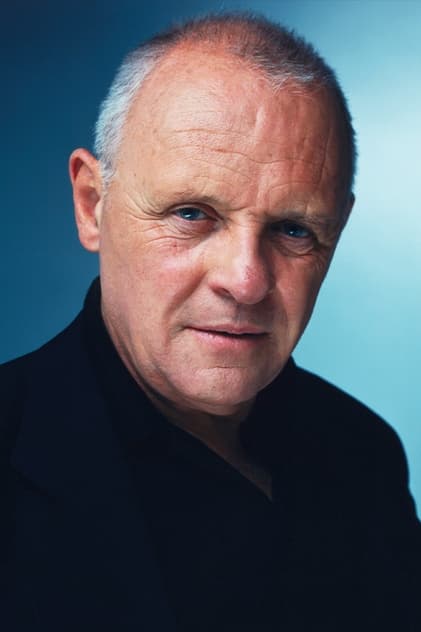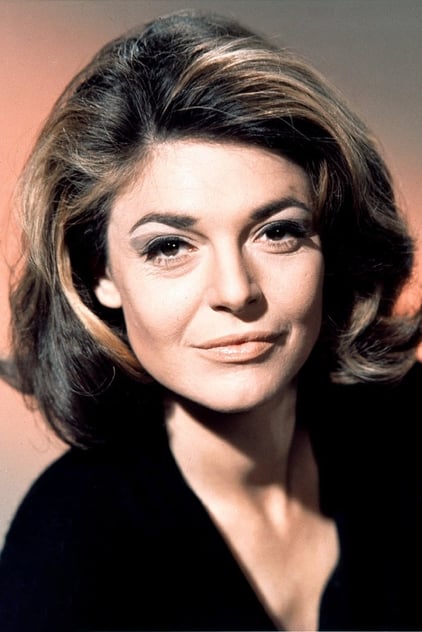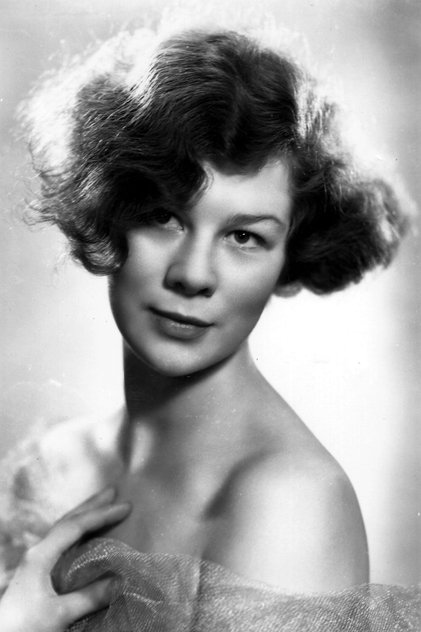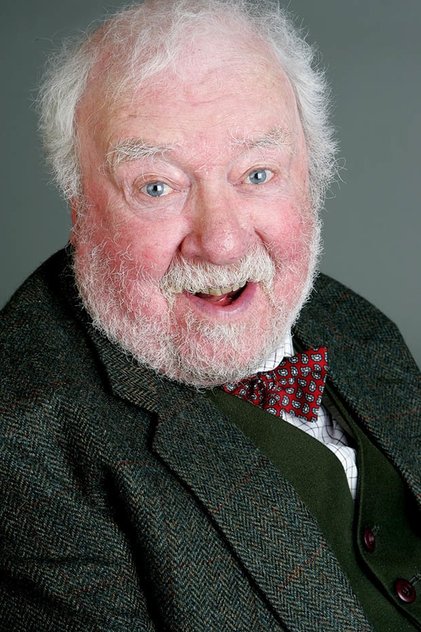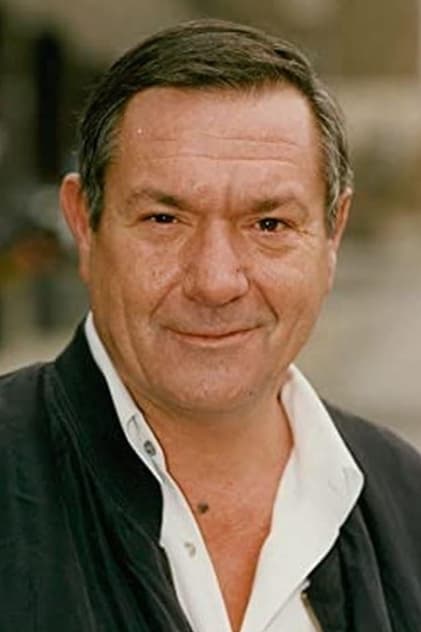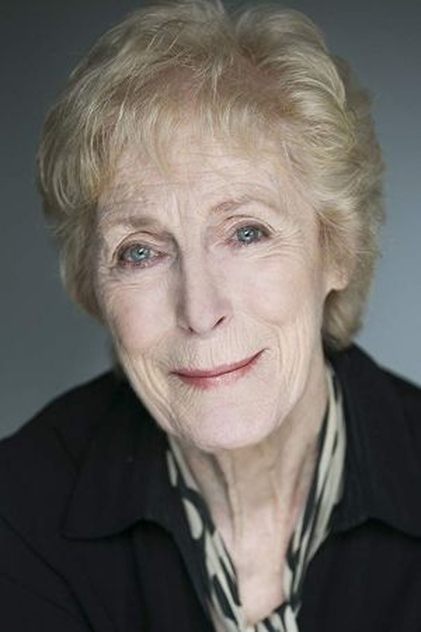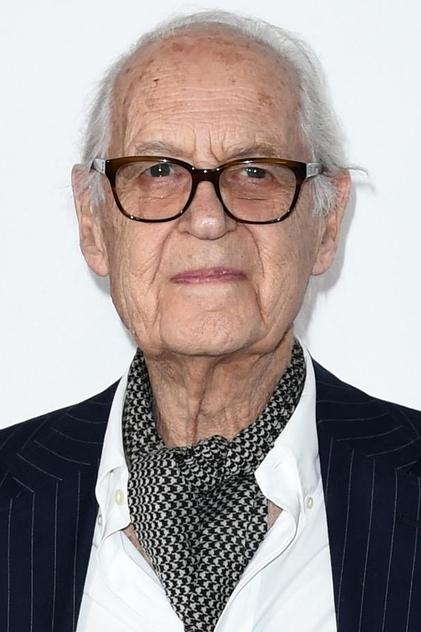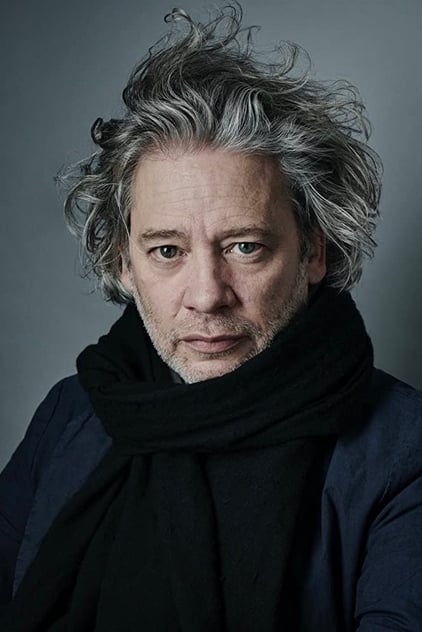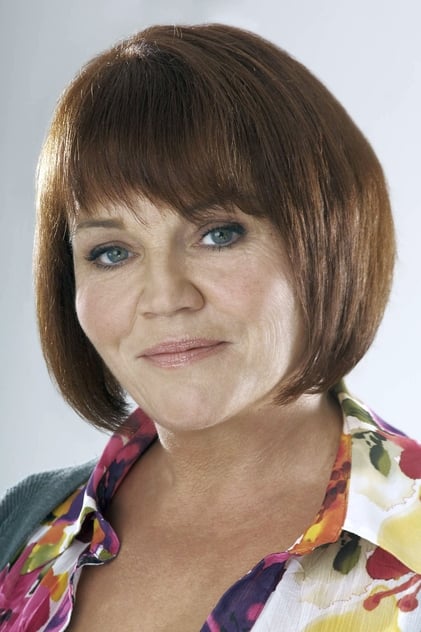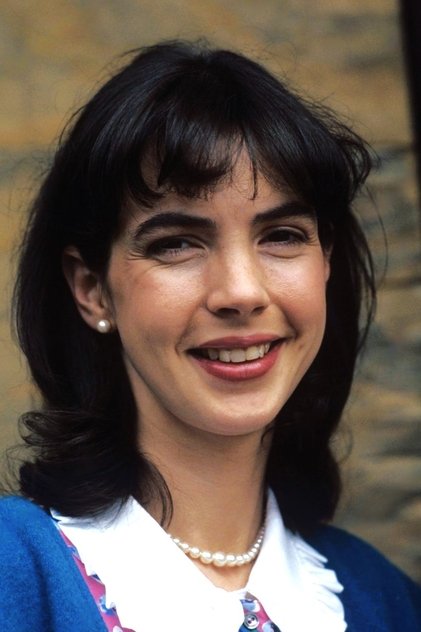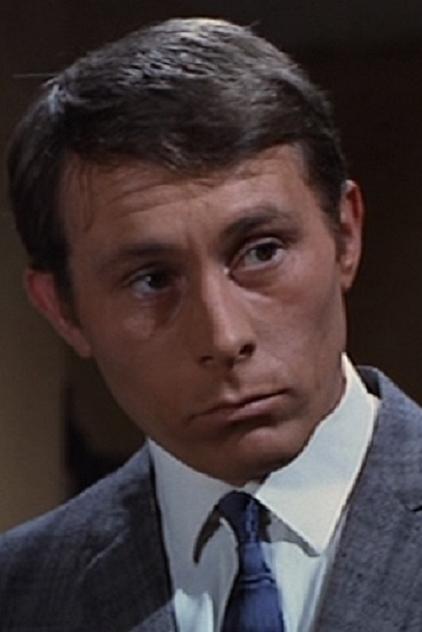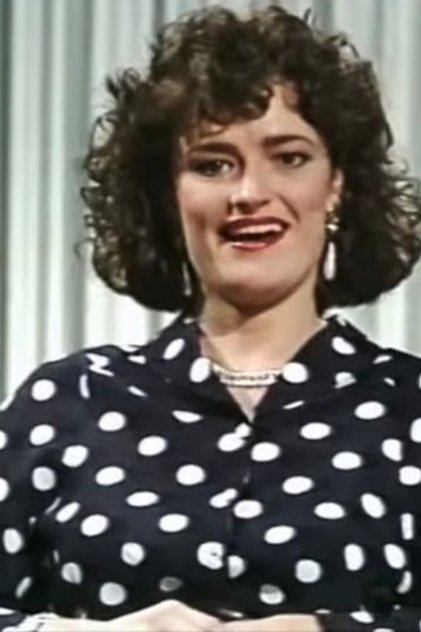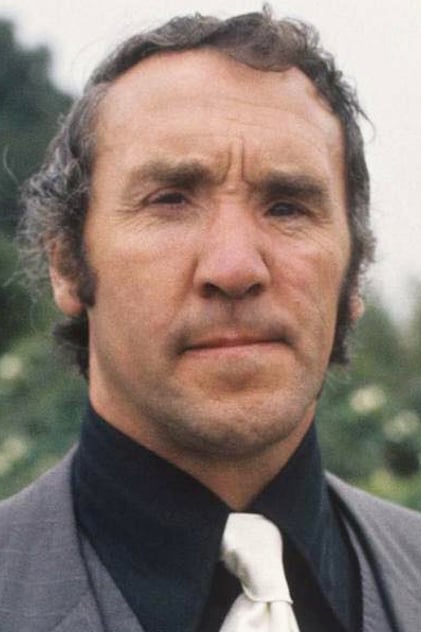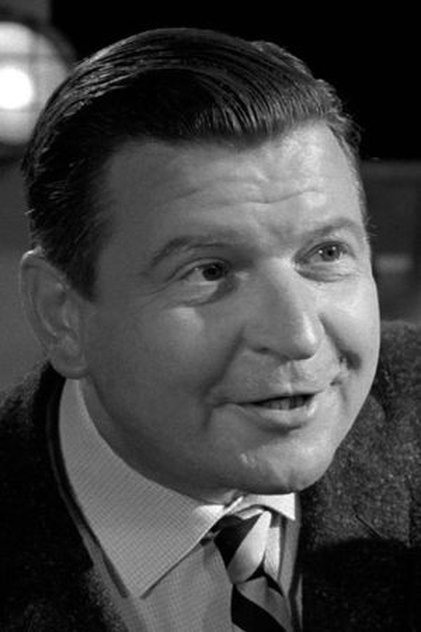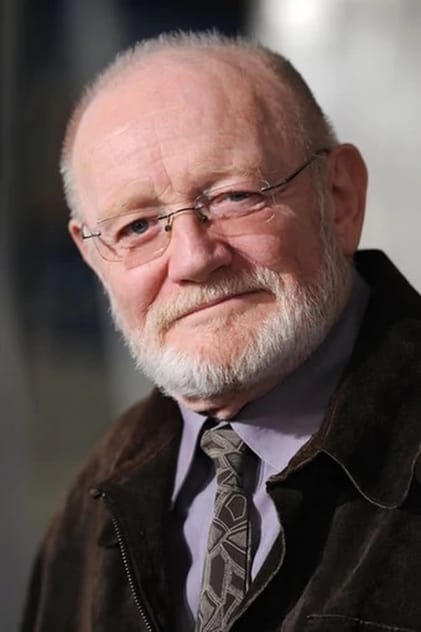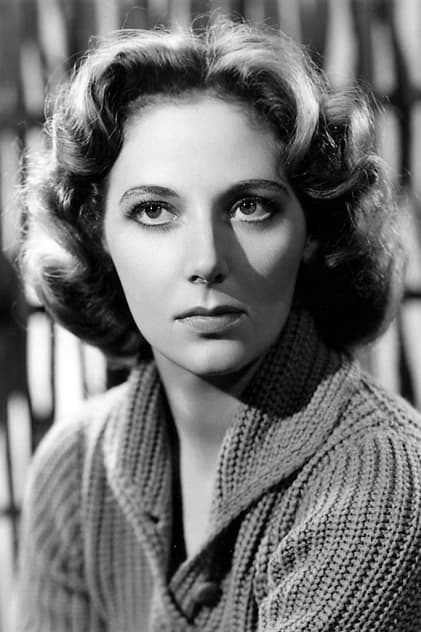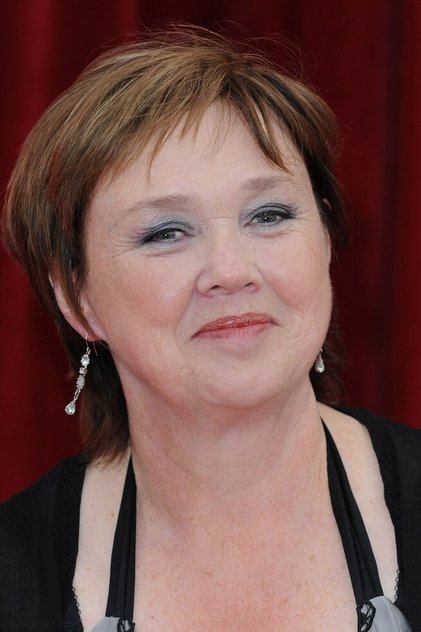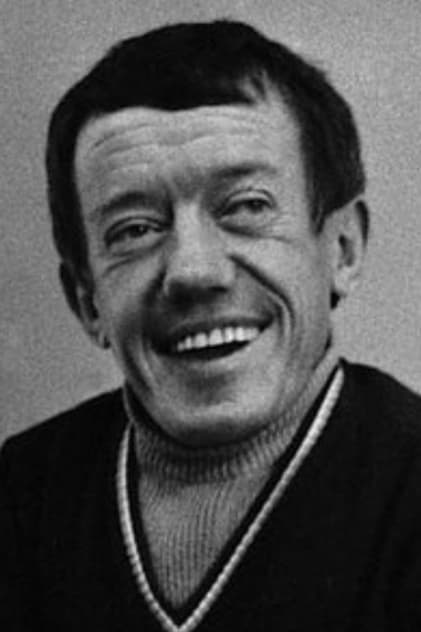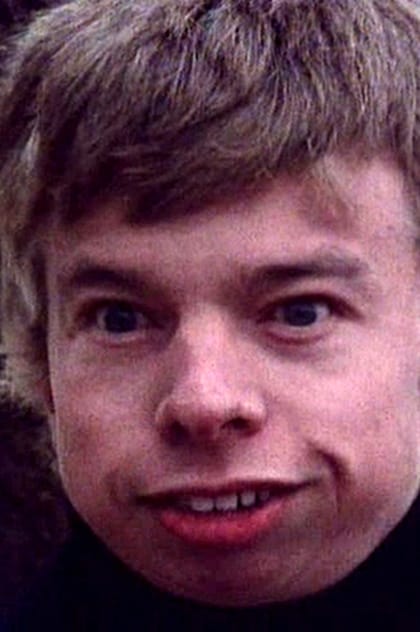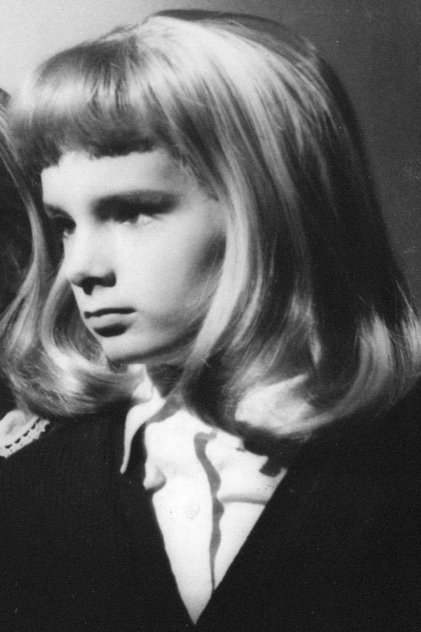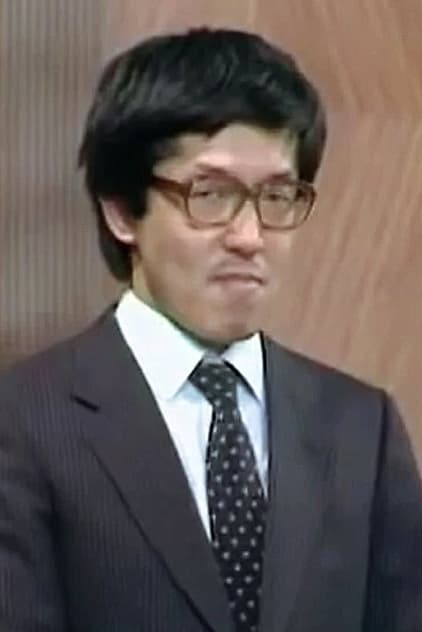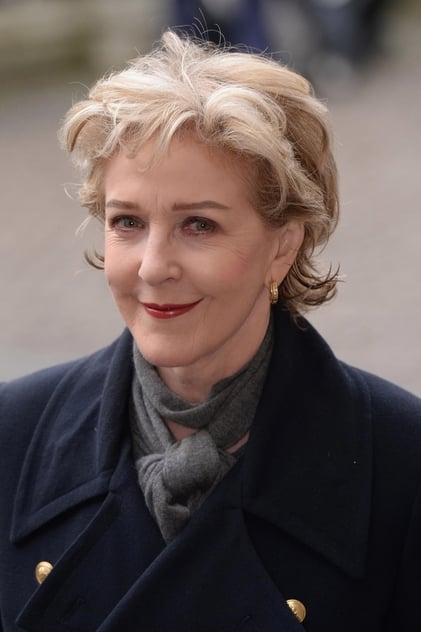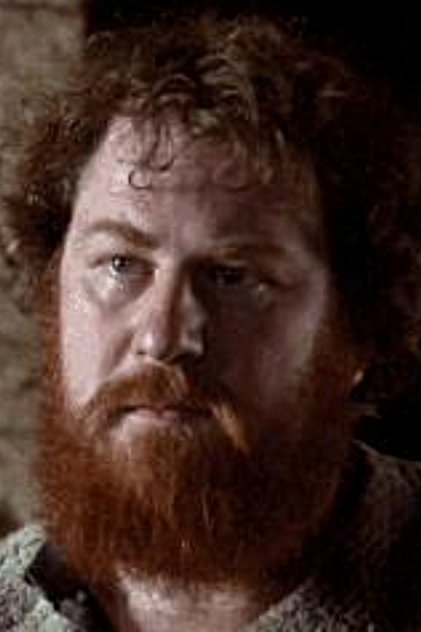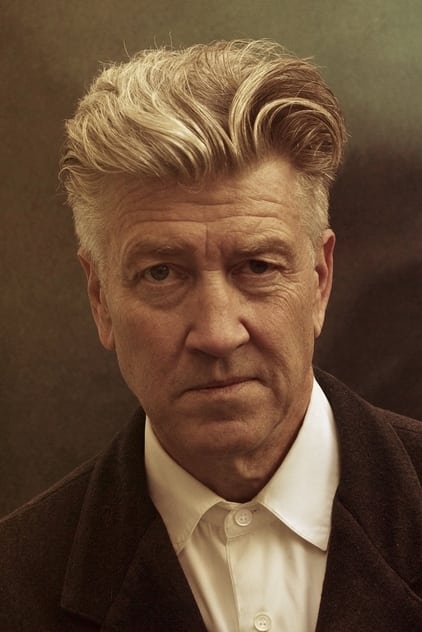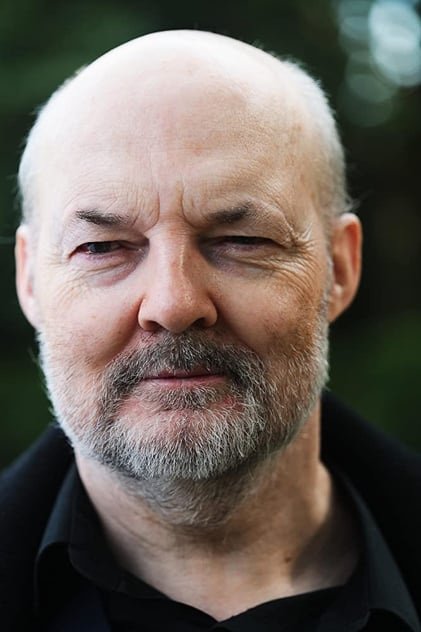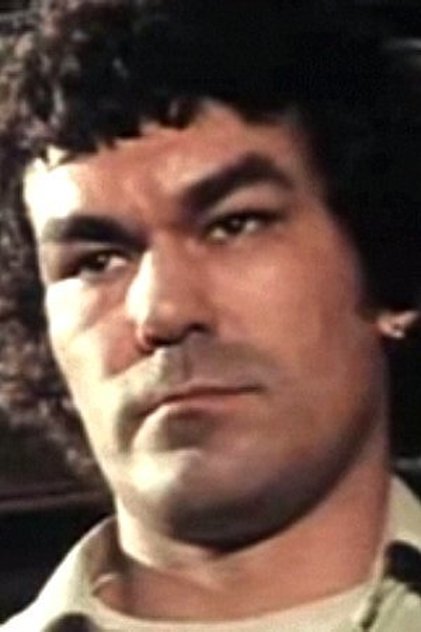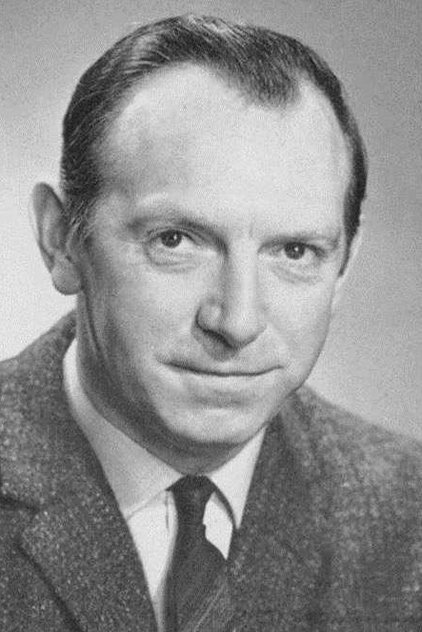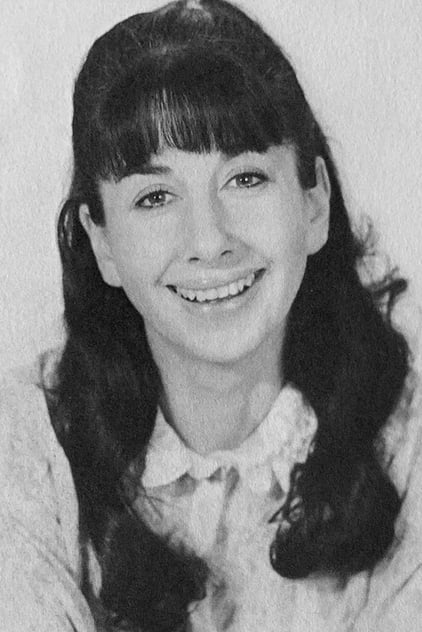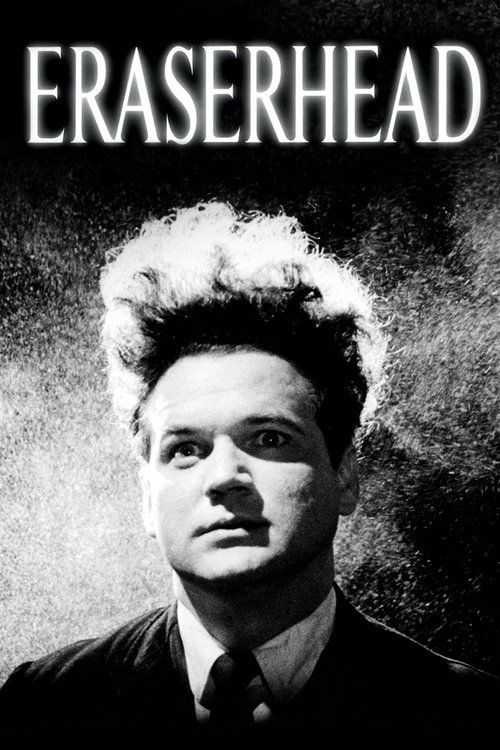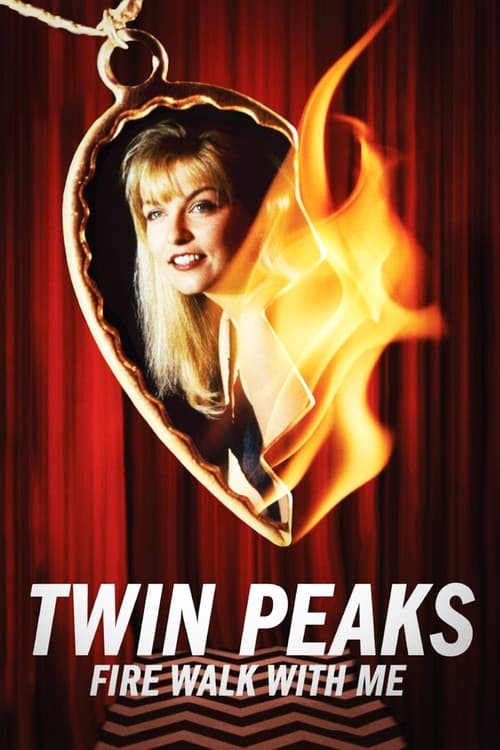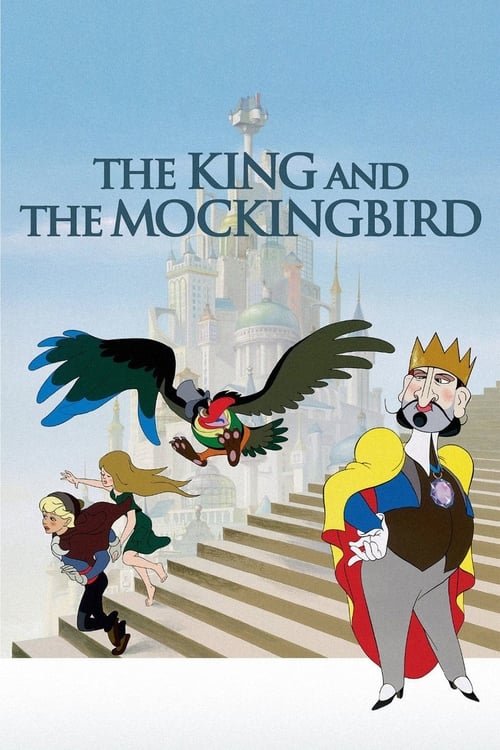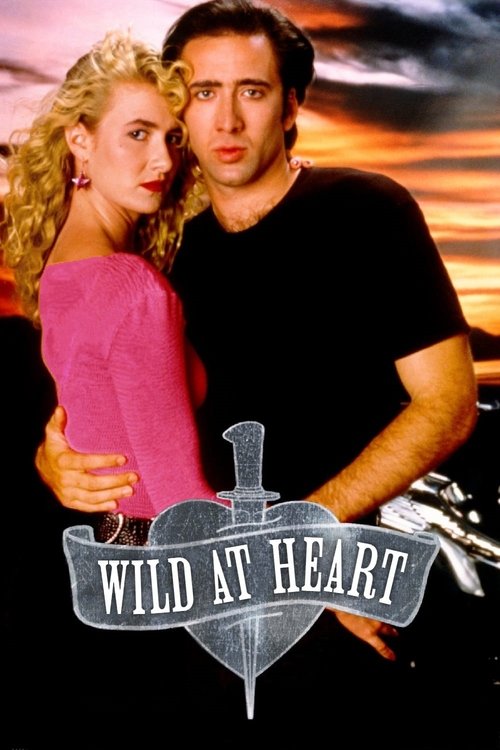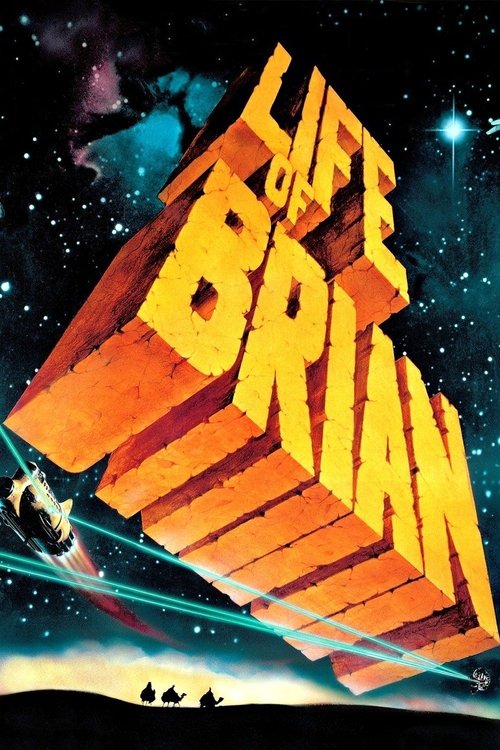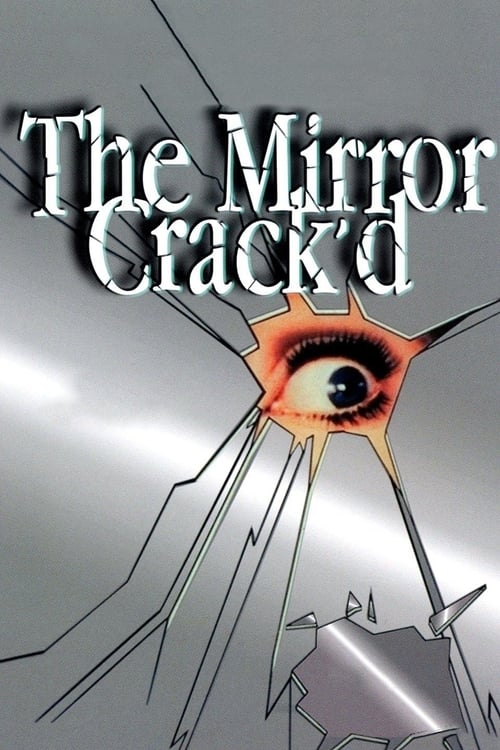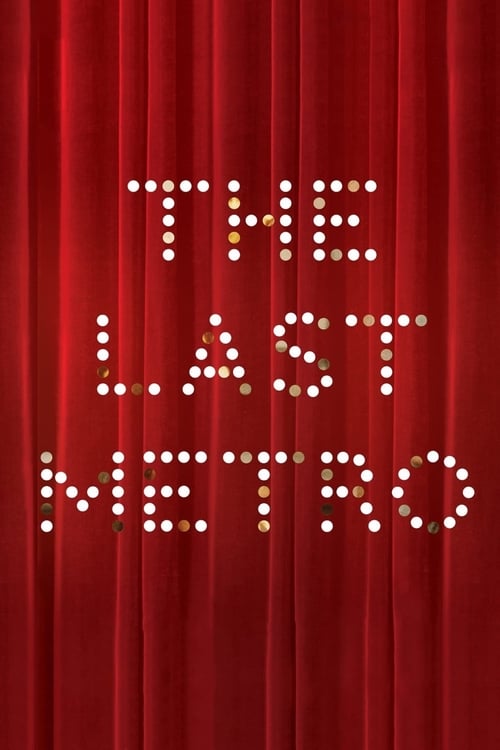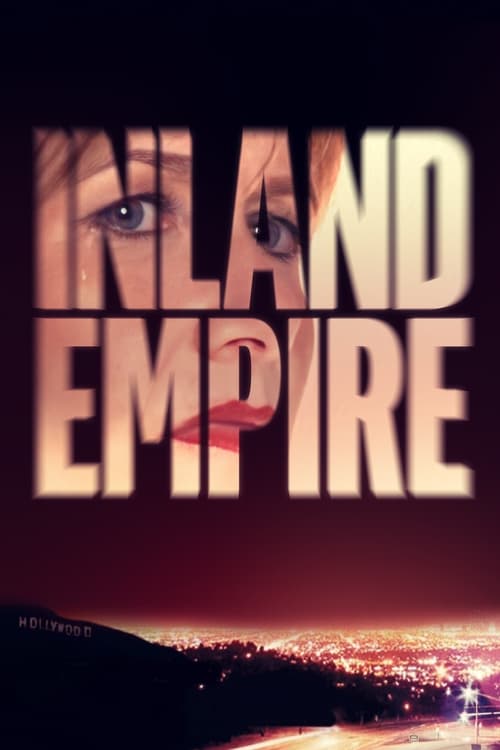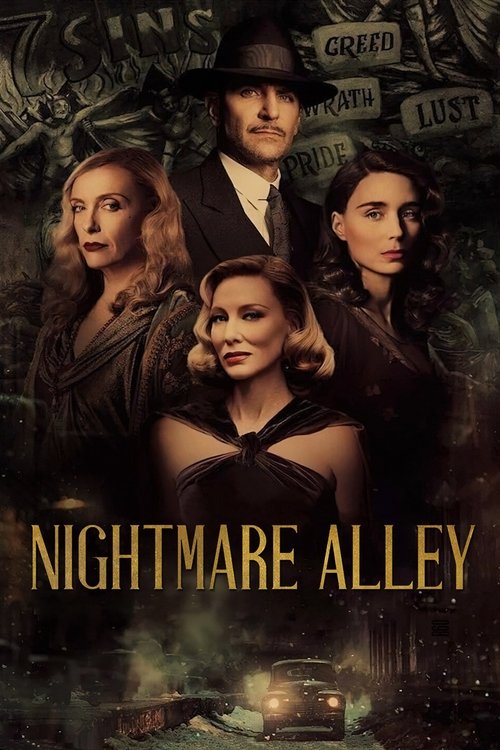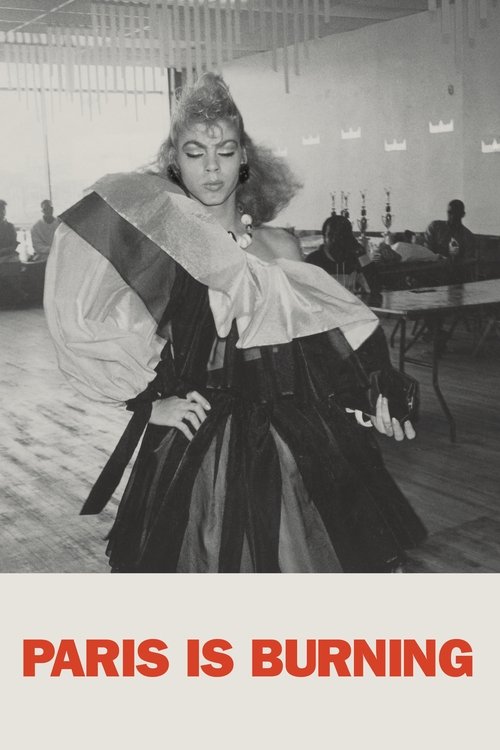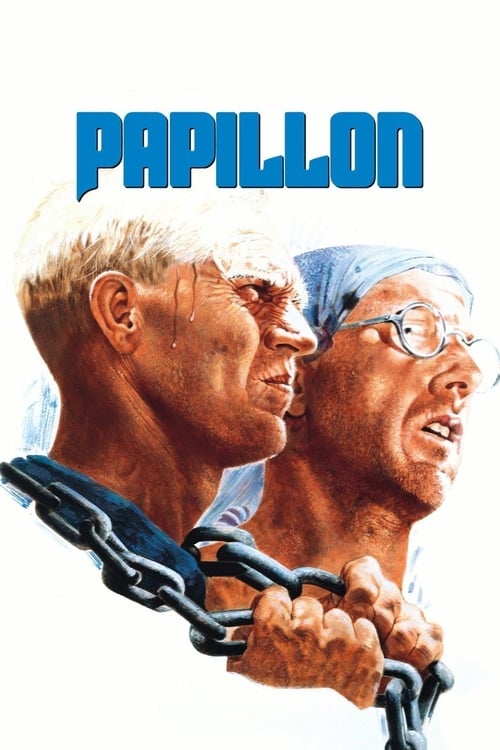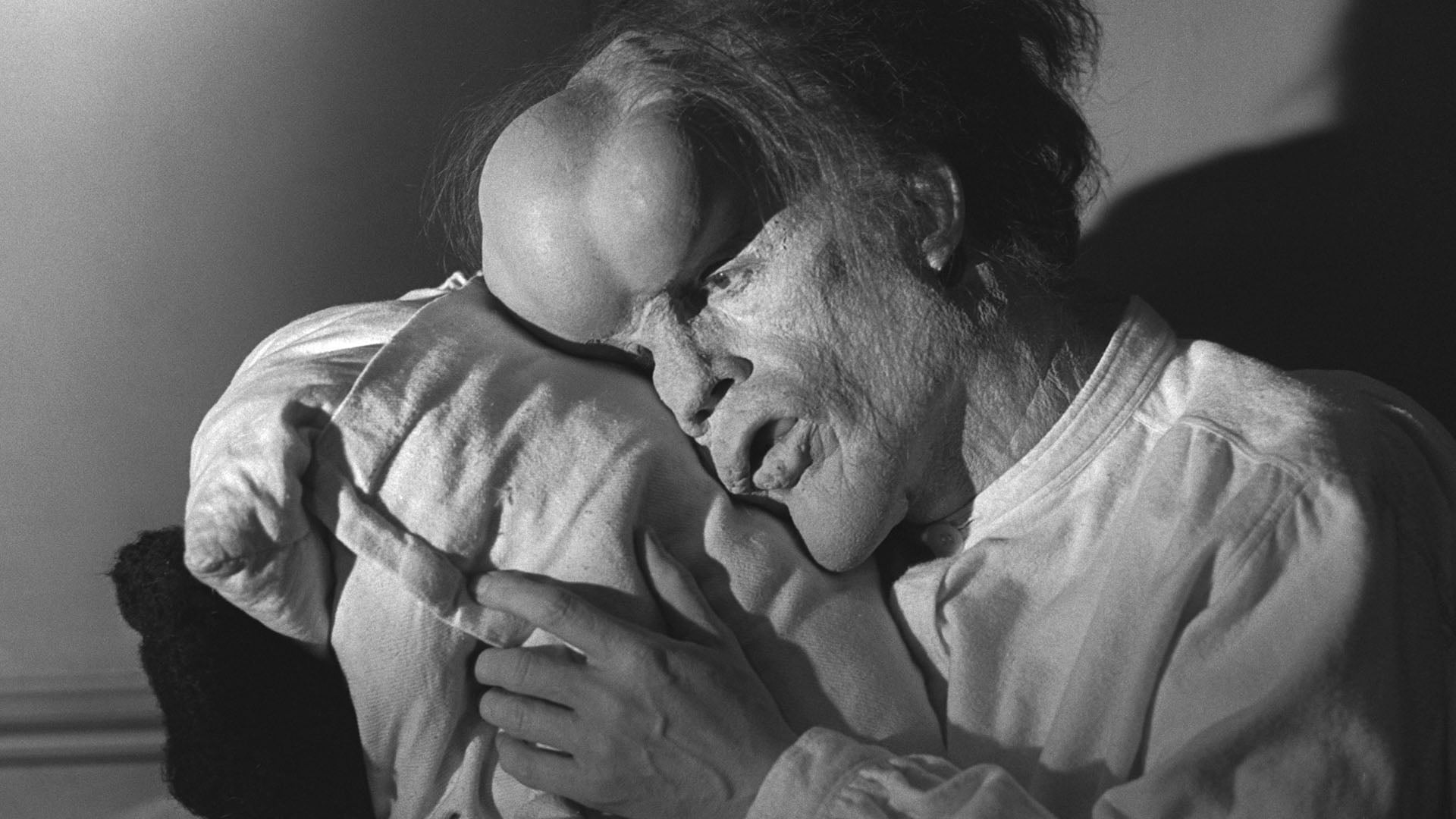
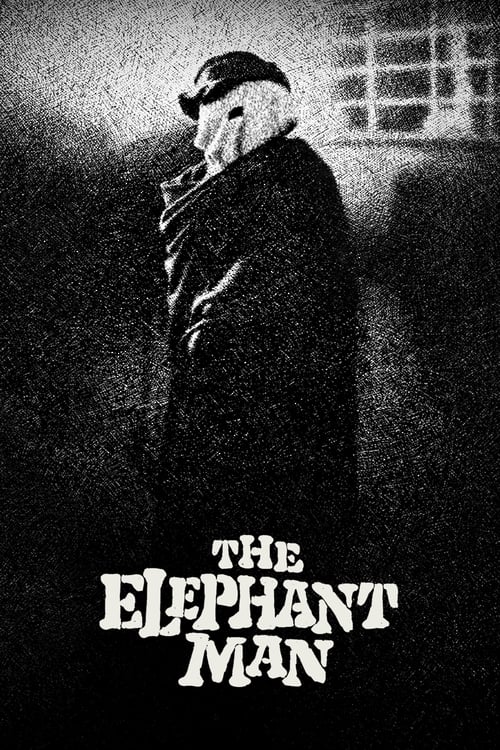
1980
·124m
The Elephant Man
Summary
A Victorian surgeon rescues a heavily disfigured man being mistreated by his "owner" as a side-show freak. Behind his monstrous façade, there is revealed a person of great intelligence and sensitivity. Based on the true story of Joseph Merrick (called John Merrick in the film), a severely deformed man in 19th century London.
Director, Screenplay
David Lynch
Book
Frederick Treves
Book
Ashley Montagu
Screenplay
Eric Bergren
Screenplay
Christopher De Vore
Reviews
Wuchak
July 2, 2020
_**The ultimate outcast**_
In 1884 London, a doctor (Anthony Hopkins) meets Joseph Merrick, aka The Elephant Man (wrongly called John Merrick in the film) who was being exploited as a freak show attraction. Treves (Hopkins) tries to help Merrick (John Hurt) for the last six years of the latter’s life wherein he becomes cultured, but he inevitably remains an object of curiosity, to high society as well as low society. Anne Bancroft plays a winsome entertainer who is warm toward Merrick.
Directed by David Lynch and shot in B&W, “The Elephant Man” (1980) is a melancholic biographical movie, and understandably so, but Merrick’s story is worth checking out despite the fact that it inspires pity. It calls into question the concept of beauty: Natural beauty is something one is born with and did nothing to acquire, but so is physical unattractiveness. Then there’s inner beauty. The charismatic actress (Bancroft) displays both. Of course there’s also inner ugliness, like the carnival huckster. A myth developed about Merrick’s disfigurement that his mother was raped by an elephant, probably started by sideshow hawkers. The opening conveys this in an artistic manner, but it’s not to be taken literally, which is why it’s surreal. Meanwhile the factory scenes with the pipes and corresponding dangers exhibit the reality for workers in Victorian times.
The score by John Morris is noteworthy with one piece being ripped-off for the moving parts of “Platoon” (1986), e.g. Elias’ melodramatic death scene.
The film runs 2 hours, 4 minutes, and was shot entirely in London and nearby Shepperton Studios, just west of the city.
GRADE: B
Media
Status:
Released
Original Language:
English
Budget:
$5,000,000.00
Revenue:
$26,000,000.00
